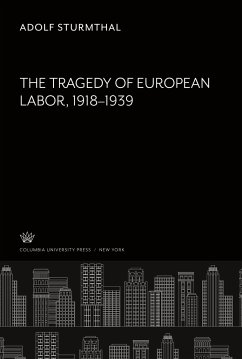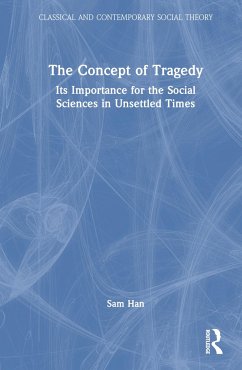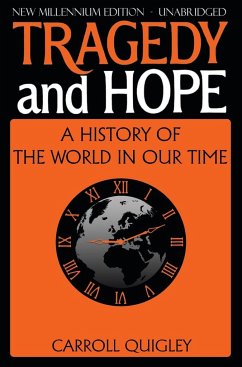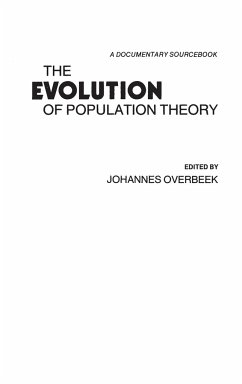
The Tragedy of Evolution
The Human Animal Confronts Modern Society
Versandkostenfrei!
Versandfertig in 1-2 Wochen
87,99 €
inkl. MwSt.

PAYBACK Punkte
44 °P sammeln!
In this examination of problems in the modern world, Michio Kitahara argues that a logical inconsistency in the philosophy of Enlightenment has caused humans to approach their environment in a way that is inconsistent with their biological background. Human biological and cultural evolution has created a form of suffering that derives in part from Western civilization's simultaneous acceptance and rejection of human variation. Both specialists and the general public assume that evolution is good and desirable, but Kitahara's analysis suggests the opposite: that evolution itself is tragic. In h...
In this examination of problems in the modern world, Michio Kitahara argues that a logical inconsistency in the philosophy of Enlightenment has caused humans to approach their environment in a way that is inconsistent with their biological background. Human biological and cultural evolution has created a form of suffering that derives in part from Western civilization's simultaneous acceptance and rejection of human variation. Both specialists and the general public assume that evolution is good and desirable, but Kitahara's analysis suggests the opposite: that evolution itself is tragic. In his analysis of human evolution, Kitahara discusses deviant and criminal behavior, social conflict, liberalism, and the nature of Western civilization. He holds two axiomatic assumptions: that humans are characterized by stimulus seeking behavior accompanied by the manipulatory drive, and that humans are characterized by physical, psychological and cultural variation. He argues that the tyranny of the majority and the technology we have developed deny human variation, and that the drive to manipulate the environment is the wellspring of modern, sociocultural phenomena. This book will be of interest to scholars of anthropology, sociology, philosophy, history, political science, and environmental studies.












